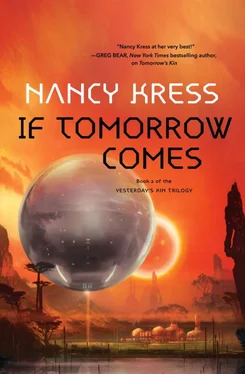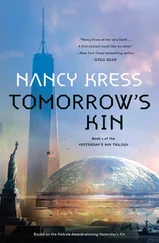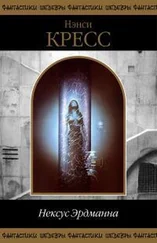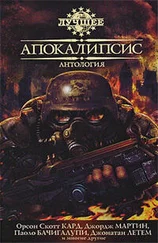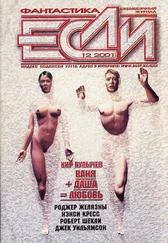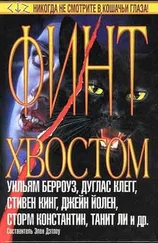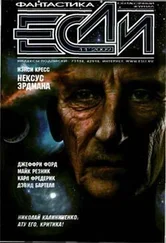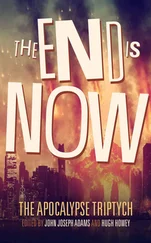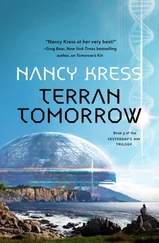As the squad left the camp, men took away the corpses of the two men, bearing them on their shoulders, their faces twisted with grief.
Leo took roof duty. He watched the camp. He swept his weapon three-sixty to make sure nothing crept up from behind. He sweated inside his heavy kit as the orange sun rose in the alien sky, above the sweet-smelling dark leaves of gardens and groves and fields. And he thought about what he had seen when the civilians flowed from the compound: Isabelle Rhinehart in the circle of Salah Bourgiba’s arm, her pale hair loose across his shoulder, her lips open as she talked to him, his eyes gazing down at her with intensity and possession.
* * *
Salah wasn’t sure how it happened. Isabelle was upset over Austin’s theft of the vaccines, yes. She had stood mere feet away from the Kindred that Leo Brodie had shot, and it was entirely possible she could have been shot herself. The Mother of Mothers was dying. Bombers and shooters had appeared where none had been before. The world was ending, except for that portion of it that could be saved by synth-vac. All that was true. It was a wonder that anyone remained sane.
True, too, that Salah had seen before the confused and sometimes startling reactions of people involved with so much death. Some froze. Some withdrew. Some numbed all feeling. Some became manic, some furious. Some turned to alcohol or drugs or, yes, sex.
He wanted to think it was more than that with him and Isabelle.
They’d come back from the camp, his arm around her, even though she didn’t seem to need support. He wasn’t sure what she needed until they walked down the covered passageway to the clinic and one of them—which? He wasn’t sure—turned to the other. The kiss was brief, sweet, but not long; other voices rounded the corner from Big Lab.
Then they were in Salah’s small room, on his sleeping mat, her brief wrap coming off more easily than his Terran pants, shoes, shirt. Even in the windowless room, she was lovely, a faint strip of illumination from alongside and under the hastily built door striping her body with light. She had a tattoo on her arm—a rose? He wasn’t sure. It didn’t matter.
He filled himself with the weight of her, the smell of her, the juiciness of her until nothing else mattered.
When they were finished, breathing quietly beside each other, she wanted to talk, but not about Kindred. About anything, it seemed, except Kindred.
“Where did you grow up?”
“Boston. You?”
“New Jersey. I wouldn’t have gone to have my mitochondria tested in New York if it was any farther away. You know, when the Kindred were looking for those with the same haplogroup? All of us that came here are L-31. Their group.”
Of course he knew that. All of Earth knew that. He said only, “But all of Kindred is not one lahk.”
“No.” She shifted on the pallet, pulling her leg slightly away from his. He regretted that. She said, “Are you L-31?”
“No. The US government wasn’t as fussy as the Kindred.”
“How old are you?”
For a moment he resented what felt like an interrogation, but only for a moment. This was Isabelle, more direct than anyone else in what had been his social circle. “Forty-five. You?”
“Thirty-three. I’ve heard you say ‘Inch Allie’—are you Muslim?”
“‘Insha’Allah.’ There—I get to correct your pronunciation for a change.”
She laughed but wasn’t deterred from questioning. Salah had the impression that nothing deterred her. “Are you Muslim?”
“No, not now. I was raised in a lukewarm version of Islam, but my family’s real gods were correct behavior and achievement.”
“I see.”
She didn’t; the last thing Isabelle would ever worship was the kind of drifting along preset “right” paths that had characterized Salah’s life.
“Are you—”
“My turn, Isabelle. Tell me about you. Your history.”
She didn’t hesitate. “It was bad. Kayla and I had an abusive stepfather. We left home as soon as we could and lived pretty rough. I did a term in prison, for grand theft auto and other things—nothing violent. Kayla tried to escape by getting married at seventeen—that didn’t work out but at least she got Austin out of it. I was looking around for some way to change both our lives when the Kindred landed. This chance came and I took it.”
I took it, not we . Isabelle decided for Kayla, and probably always had.
She said, as if she knew what he’d been thinking, “She’s my sister. I’m responsible for her, before anyone else, because she’s really just a child. You don’t have children, do you, Salah?”
“No.”
“Were you ever married?”
She had been so open, so honest. And they would never leave Kindred. Possibly he would die here, soon. All at once, for the first time, he wanted someone to know the truth about him. To know him. Or maybe he just wanted to make some definite decision for once.
He said, “Here is a fable. A very young couple marries. They don’t know each other very well but that doesn’t matter because they are so much in love. She’s his only anchor, the only thing he wants. He admires that she is so sure of what she wants: to be a painter and create great beauty. He has to do something and so he drifts into becoming a doctor, a sort of default decision, and it turns out he is very good at it. She, however, does not become an artist. She lacks something—persistence, or talent, or resilience. Something. What she becomes is very unhappy. The world does not understand her, and does not give her what is due her. She begins to drink, which only makes her feel worse.
“She blames him because, after all, he does not feel this bad, and is that fair? It is not. So she does things that make him feel bad, too, like drink even more and sleep around. And that works—now he feels bad, too. But only for a while. After some time, he just works longer and longer hours to get away from her.
“Which, of course, is enraging. She blames him even more—he is neglecting her, which is in fact true. She does the one thing that can still make him feel horrible. She leaves him.
“And that works, too, for a while. He feels worse than he has ever felt in his life. But eventually he realizes that his life is actually better without her. He becomes slightly happier.
“But she does not. All her problems are still there—the failed work, the failed love affairs, the drinking, the empty days. In fact, her days are emptier still, without all the fighting. So she changes her mind and wants to come back to him.
“He says no.
“She pleads, cries, begs. He still refuses. She is stunned, panicked, and furious. Really furious. She wants to punish him for making her feel like this. She also wants to escape what her life has become. So she kills herself, leaving him a long letter explaining exactly why.
“And for the third time, this works. Completely. He feels incredibly bad, consumed with guilt. Because she is right—this is in part his fault. He, who helps others so effortlessly, has refused to help her, to recognize her despair, to do something, anything, for her. She, the only free choice he has ever made in his life, has won their catastrophic battle with each other.
“There is only one way he can cope with this. Well, two ways. He works more and more. And he turns off all feeling about his work, his patients, his life. The surprise is that this does indeed give him some peace. Years go by, and he is admired for his coolheadedness and competence and decision making, when in fact he has never made a real decision since he was twenty years old and married his wife. Who ended up dead, while he ended up happy.”
Isabelle was quiet for a long time. Salah waited. Finally she said, “That’s not happiness.”
Читать дальше
